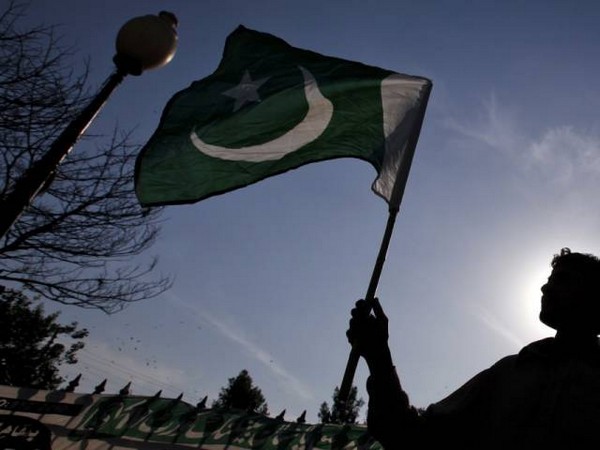Confrontation between govt and SC plunges Pakistan into “escalating political crisis”: Report
Islamabad [Pakistan], April 11 (ANI): The confrontation between the government and the Supreme Court has plunged the country into a more dangerous and unpredictable phase of the escalating political crisis.

Pakistan Supreme Court ordered that elections in Punjab will be held on May 14, declaring the Election Commission of Pakistan’s decision to delay the polls in Punjab as “unconstitutional and illegal.”
The apex court also ordered the government to give funds to the ECP and assure security for the provincial poll. The legal community welcomed the decision of the Supreme Court and expressed dismay over the internal divisions exposed in the process. The ECP has started to execute the SC order by issuing an election schedule, Pakistan’s former ambassador to the US Maleeha Lodhi said in the news report. However, the Pakistan Muslim League-Nawaz (PML-N)-led government has rejected the verdict and vowed not to implement it.
Pakistan Prime Minister Shehbaz Sharif in the National Assembly termed the judgement a “murder of justice.” Pakistan Law Minister Azam Nazeer Tarar warned that the decision would worsen the political and constitutional crisis. PML-N and Pakistan People’s Party (PPP) called for the resignation of Pakistan’s Chief Justice.
Pakistan National Assembly adopted a resolution against the SC’s ruling, urging PM Shehbaz Sharif not to implement the decision. It further said that provincial and general elections should be held simultaneously, as per the Dawn report.
Since the Punjab and KP assemblies were dissolved by the ruling parties in January, the Pakistan Democratic Movement (PDM) government made every effort to avoid giving a date for the elections. The ECP fixed October 8 as the date for the elections in Punjab. Before the court’s decision, Sharif and his ministers insisted that a full court bench must hear PTI’s petition.
With the government’s declaration of non-compliance with the Supreme Court’s decision, the two are set on a collision course, according to a Dawn report. This compounds the political chaos in Pakistan, the institutional clashes between the executive and presidency, between the SC and ECP, and now both the executive and legislature at loggerheads with the judiciary.
The developments are a result of the power struggle between the PML-N-led coalition and former Pakistan Prime Minister Imran Khan. The confrontation between the government and Pakistan Tehreek-e-Insaf (PTI) has turned these institutions into political battlegrounds, as per the news report.
Political disputes have assumed the form of legal battles. Issues, including the election date, have landed in courts, placing them under unprecedented pressure. The political deadlock when political disputes are no longer resolved by political means has left democracy in a dysfunctional state.
PTI’s decision for its lawmakers to resign from Pakistan’s National Assembly has made the country’s lower house “opposition less and dysfunctional,” as per the Dawn report. Furthermore, the ruling coalition has hardly used it for legislation in the public interest. The resolution rejecting the SC verdict and statements denouncing the apex court’s decision in the assembly is the testimony of it.
As per the news report, the essence of democracy lies in strong institutions whose decisions are respected by all political actors. However, with the state institutions being at the centre of the ongoing political conflict they are increasingly riven by internal divisions with their decisions being contested.
Polarisation and political turmoil are affecting Pakistan’s institutions and exposing them to the risk of breakdown, according to the Dawn report. The government’s intent now to undermine the apex court’s authority and refusal to comply with its decision and mobilise its supporters among the legal fraternity will only undermine the rule of law, which is the bedrock of democracy. Defiance of the law and constitution will push Pakistan on the road to disorder and chaos.






